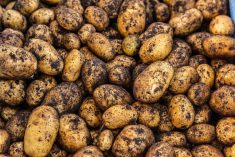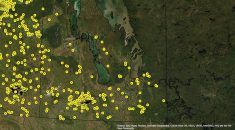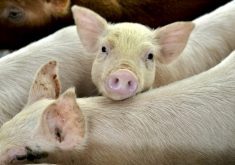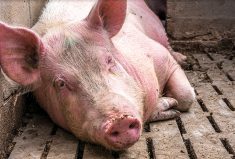“Do you think they will be friendly to product coming in that’s produced in a different manner?”
– ED PAJOR
Canada may eventually have to ban gestation stalls for pregnant sows if it wants to continue exporting to the United States, where such bans are occurring.
A leading Canadian animal welfare scientist warns the spread of legislated livestock confinement bans in the U. S. could have trade implications for the two countries.
In an interview, Ed Pajor, a University of Calgary animal welfare professor, said the U. S. could reach a tipping point if enough states pass laws to eliminate gestation stalls.
Read Also
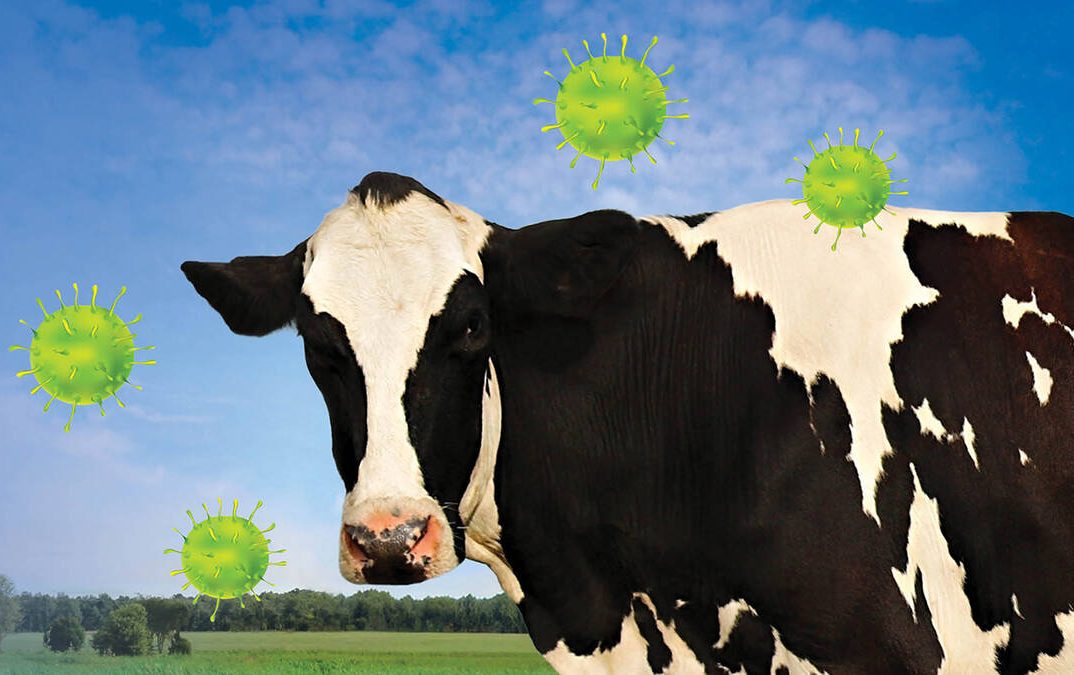
Researchers stay on trail of bovine bird flu’s origin
Canada’s dairy cattle herd is so far spared from avian flu, and work continues to contain its spread in the U.S., but the disease is far from gone.
“If that happens, then what is going to be the requirement to gain access to the U. S. market?” said Pajor.
“If they say, producers can only produce in group housing systems, do you think they will be friendly to product coming in that’s produced in a different manner that is cheaper?”
Canada does not have laws to phase out livestock confinements, as seven U. S. states currently do.
The most recent is Michigan, where a bill adopted last October phases out veal crates for calves within three years, and battery cages for laying hens and gestation crates for breeding sows within 10 years.
Michigan becomes the seventh state to ban gestation crates, the fifth to ban veal crates and the second to ban battery cages.
Arizona, California and Florida have adopted similar measures through ballot initiatives. Maine, Colorado and Oregon have passed related laws in their state legislatures, according to the Humane Society of the United States.
The measures are spreading more rapidly through the U. S. than anyone predicted because Americans traditionally oppose government regulation more than other nationalities do, said Pajor, who spoke to the Manitoba Pork Council annual meeting in Winnipeg earlier this week.
Canada has voluntary industry codes of practice with guidelines for raising livestock. But those codes are of limited use because producers cannot prove standards are enforced, he said.
“It’s not just about having codes or standards anymore. The world has changed now. You have to actually demonstrate that you’re following standards.”
Pajor said retailers “live in a world of standards” and may require third-party audits to ensure meat animals are humanely raised.
The marketplace is so far ahead of the industry in terms of humane standards that legislation may not be necessary anymore. Instead, producers may have to guarantee certain practices (such as group housing for sows) before retailers will buy their meat, said Pajor.
He urged producers to “get ownership of the issue” before somebody dictates how they should raise animals on farms.
“There is a great deal of activity occurring in animal welfare around swine production, especially sow housing. In order to have a sustainable production system, the system of production must be socially acceptable and conform to social norms. And they’re changing extremely rapidly.”
Pajor, who grew up on a tobacco farm in southern Ontario, said he witnessed first hand how changing values can affect agriculture. The family farm, which was supposed to get passed on to one of his siblings, no longer grows tobacco because of a different public attitude toward smoking.
Karl Kynoch, Manitoba Pork Council chairman, said his industry is not against loose housing for sows. But changes must be based on science, not human emotion, he said.
“We’re going to make sure that our research is done before we implement the change,” Kynoch said. [email protected]



